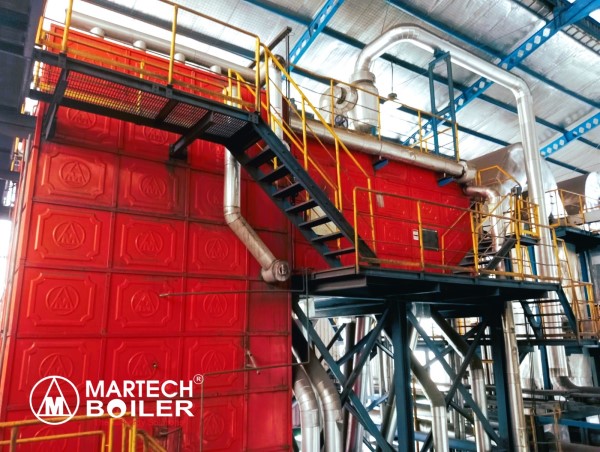Food & Beverage
1. Food industry overview
The food industry plays a vital role in the world market. This large sector produces various products using different methods such as distillation, drying, and disinfection. The operations need to be considered and designed in a clean and hygienic environment. Most production of food factories works 24 hours per day with no stopping hour, which requires the high performance of instruments and high efficiency of machine support to produce stable steam with constant temperature and pressure.
The National Target Program on Energy Efficiency reveals that the food industry is a major energy user in Vietnam, taking up 3,986 KTOE or 19.2% of the total industrial energy consumption. 
To run their production activities non-stop, the food factories require steady steam with constant temperature and pressure, which can only be achieved by efficient equipment and machinery.
2. Boiler application in the food and beverage industry

Boilers are used to produce steam for various stages of canned food production such as milk, meat, wine, beer, soft drinks, fruit juices, etc. Some of the common applications of boilers in these stages are:
- Preparation: the steam helps to blanch the food ingredients, making them easier to peel and softer in texture
- Extraction: the steam helps to evaporate water during concentration and distillation processes
- Processing: the steam helps to heat the food, changing its structure and chemical properties, ripening it and improving its sensory values
- Storage: the steam helps to heat the food above 70°C, inactivating enzymes and killing microorganisms that can spoil the food
- Finishing: the steam helps to create food color due to caramelization reactions 

